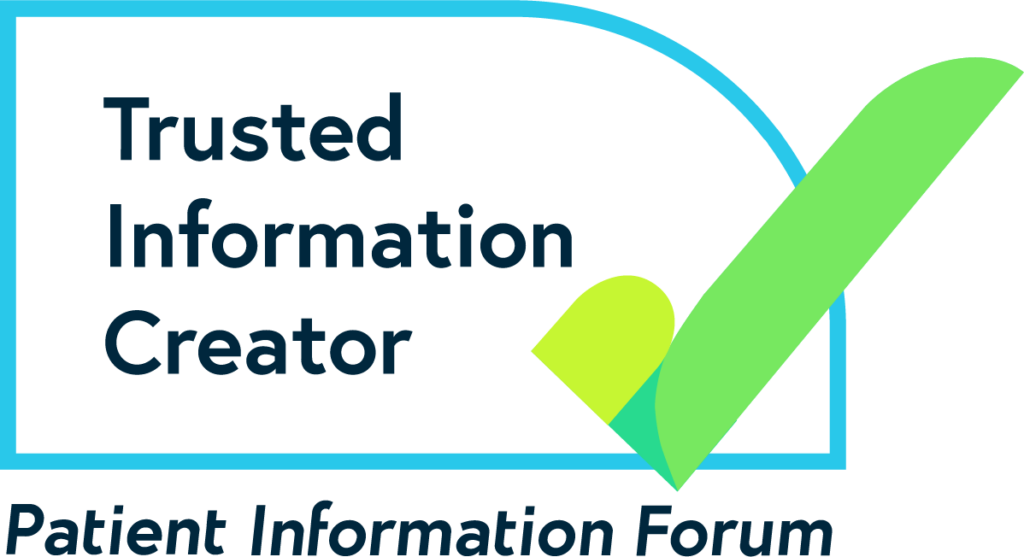Aurora Healthcare Communications awarded PIF TICK accreditation to become a ‘trusted information creator’
Aurora Healthcare Communications, a Spectrum Science Company, has today been awarded the PIF TICK – the UK’s only assessed quality mark for print and online health and care information – by the non-profit Patient Information Forum (PIF).
To become a ‘trusted information creator’, the agency underwent an assessment showing it met 10 key criteria* so patients and the public can be assured that the information they are reading, watching or listening to is evidence-based, understandable, jargon-free, up-to-date and produced to the best possible standard.
Dan Wills, PIF TICK manager at the Patient Information Forum, said, “We are thrilled to welcome Aurora to our ever-growing community of accredited PIF TICK members. Accurate, accessible, evidence-based information is key to increasing patient empowerment and improving health outcomes.”
Aurora is one of the first healthcare communications agencies in the UK to have been accredited with the PIF TICK, joining an impressive cohort of over 140 organisations including NHS trusts, patient advocacy groups, such as Cancer Research UK and MS Society, and pharmaceutical companies including Astellas and MSD UK, as well as four individual health content creators.
“The increase of false health information has eroded public trust, which is the bedrock of good relations and practices in healthcare. Health information needs to be authentic and trustworthy, with the source of the information clear.” said Stephen O’Farrell, Head of Patient Engagement at Aurora. “As proud health information creators and communicators, the PIF TICK quality mark represents an important standard for patients and the public to be assured that our health information is of high quality and reliable.”
The PIF launched the PIF TICK in May 2020. In July 2021, PIF launched the website www.piftick.org.uk to raise awareness of PIF TICK accredited members and help people find trusted health information. The site also includes guides on topics including spotting false health information and understanding evidence.
Sarah Contiero, Senior Account Director at Aurora, commented, “Our rigorous approach to creating health information has been recognised by the Patient Information Forum. For our clients, that means any health information we create on their behalf – that adheres to the 10 key criteria incorporated in our approach – can bear the PIF TICK emblem.”
Aurora was recently included in PRWeek’s UK Top 150 Consultancies 2024, climbing two places since 2023 as a result of its focus on combining ability and agility to deliver increased value for its clients.
— ENDS —
Notes to Editors:
For more information, please contact:
Nathan McGlone
E: nathan.mcglone@auroracomms.com
T: 07850 775 669
About Aurora Healthcare Communications
Aurora delivers impact for clients through our unique blend of strategy-first thinking and creative innovation. All of our communication work is grounded in science, human insight and optimised by data to resonate with the relevant target markets. Our approach connects our service offerings together to ensure that deep insights, brilliant creativity and intelligent metrics are part of every program. With Aurora’s ability and agility, audiences are engaged and objectives are exceeded, always underpinned by excellence in client services.
You can find more information about Aurora at https://www.auroracomms.com/.
About the Patient Information Forum

PIF is a charitable organisation for people working in health information. It represents more than 300 members, including NHS Trusts, charities, private companies, freelance writers and academics. It offers expert advice to promote the creation of trusted, clear, evidence-based health information. You can find more information about PIF and the PIF TICK at https://piftick.org.uk/.
*PIF TICK criteria for organisations
- Systems: Information is created using a consistent and documented process
- Training: Staff receive ongoing training and support
- Need: Resources meet a genuine need
- Evidence: Information is based on reliable, up-to-date evidence which is communicated clearly
- Involving users: Users are involved in the development of information
- Health inequalities: Information is written to meet health and digital literacy, language and accessibility needs of the target audience
- Content and design: Information is clearly communicated, easy to access and navigate
- Feedback: There is a clear process for users to provide feedback
- Disseminating: Information is promoted to maximise reach
- Impact: The impact of information is measured


